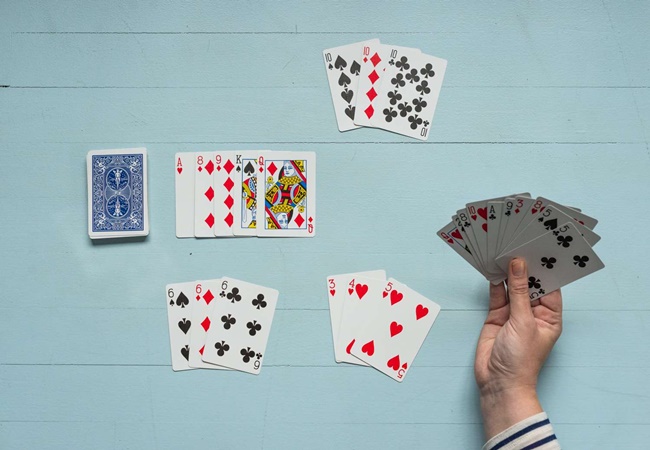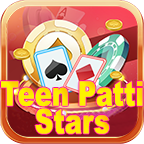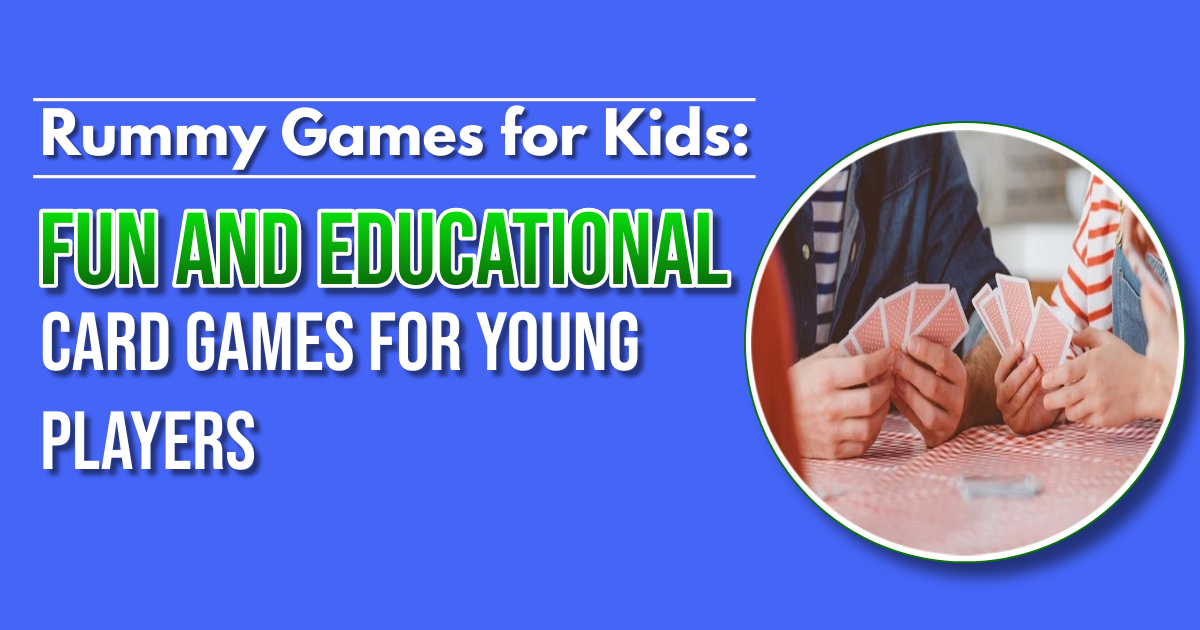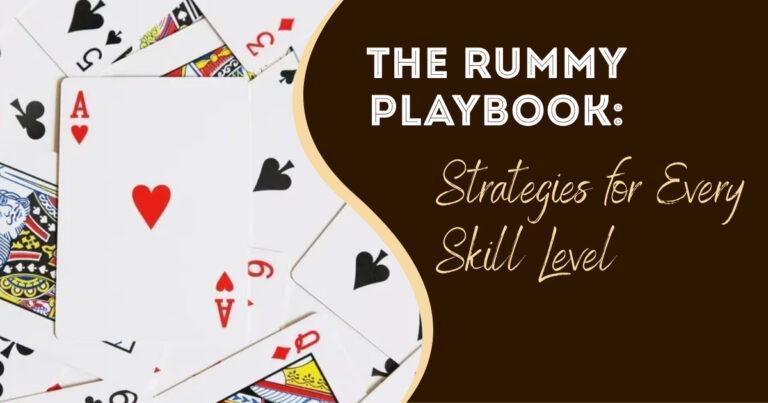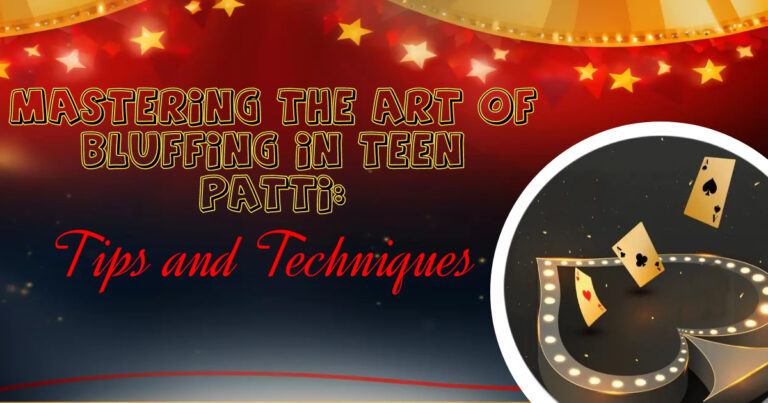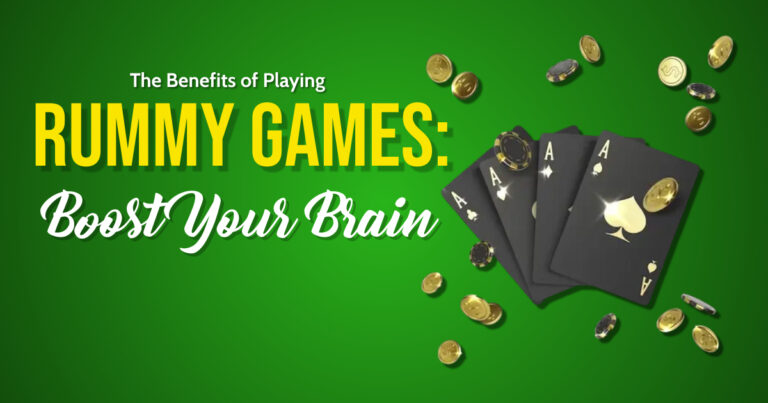Rummy Games for Kids: Fun and Educational Card Games for Young Players
Card games have been a staple of entertainment for generations, and among them, best rummy stands out for its blend of strategy, skill, and fun. While rummy is often associated with adult players, it can be adapted to suit younger audiences, offering a mix of entertainment and educational benefits. Here, we explore how Rummy games can be a delightful and instructive activity for kids, helping them develop various cognitive and social skills.

The Basics of Best Rummy for Kids
Best Rummy is a group of matching-card games notable for similar gameplay based on matching cards of the same rank or sequence and the same suit. The primary objective is to form sets or runs. A set consists of three or four cards of the same rank, while a run is three or more consecutive cards of the same suit. The game can be easily modified to make it accessible for younger children. Simplifying the rules, using fewer cards, or incorporating themes that interest kids can make the game more engaging, similar to Teen Patti Stars.
Educational Benefits of Rummy
- Math Skills: Best Rummy helps children practice basic math skills. Counting points, understanding sequences, and recognizing patterns are all integral parts of the game. These elements encourage kids to use addition and subtraction, reinforcing their arithmetic skills in a fun and practical way.
- Strategic Thinking: Rummy requires players to think ahead and plan their moves strategically. Kids learn to anticipate their opponents’ actions and consider the consequences of their own moves. This fosters critical thinking and decision-making skills, which are valuable in many areas of life.
- Memory and Concentration: Keeping track of cards, remembering which cards have been played, and focusing on the game helps improve memory and concentration. These cognitive skills are crucial for academic success and can be enhanced through regular play.
- Social Interaction: Playing best rummy with family or friends encourages social interaction. Kids learn to take turns, follow rules, and communicate effectively. These social skills are important for building relationships and working collaboratively with others.
- Emotional Regulation: Rummy, like many games, involves winning and losing. Through playing, children learn to manage their emotions, handle competition gracefully, and develop resilience. They experience the joy of winning and the disappointment of losing, which are valuable lessons in emotional regulation.
Fun Variations of Rummy for Kids
To keep best rummy interesting and age-appropriate, consider these fun variations:
- Picture Rummy: Use a deck of cards with pictures or themes that appeal to kids, such as animals, cartoons, or superheroes. This makes the game more visually engaging and relatable for younger players.
- Color Rummy: Simplify the game by focusing on colors instead of suits. Kids match cards of the same color, which is easier for younger children to grasp.
- Story Rummy: Incorporate storytelling elements where each set or run contributes to a larger story. This variation stimulates creativity and makes the game more immersive.
- Speed Rummy: Introduce a timer to add excitement. Players must complete their sets or runs within a certain time limit. This variation helps improve quick thinking and reaction time.
- Team Rummy: Pair up players into teams. This encourages teamwork and cooperation as players strategize together to win.
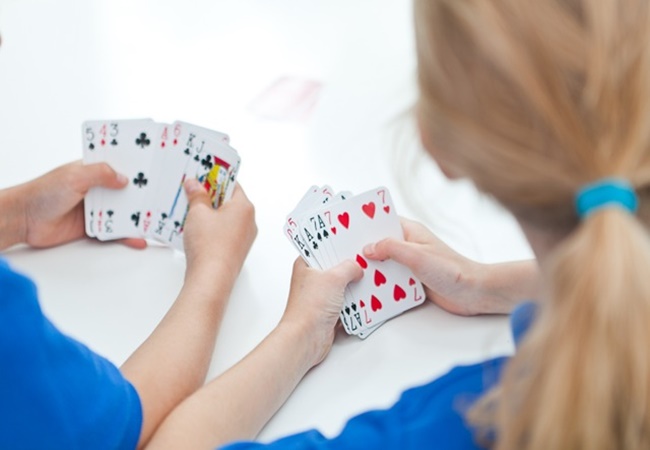
Tips for Teaching Rummy to Kids
- Start Simple: Begin with the most basic rules and gradually introduce more complexity as the child becomes comfortable with the game. This helps prevent frustration and keeps the learning curve manageable.
- Use Visual Aids: Visual aids such as charts or illustrations can help explain the rules and strategies. This is especially useful for younger children who are visual learners.
- Practice Patience: Be patient and offer encouragement. Learning a new game can be challenging, but positive reinforcement helps build confidence and interest.
- Make It Fun: Incorporate elements of fun and playfulness. Use themed cards, tell stories, or create a playful atmosphere to keep kids engaged.
- Play Regularly: Regular play helps reinforce skills and strategies. Make rummy a part of your family game night to provide consistent practice and enjoyment.
Rummy as a Family Activity
Rummy is an excellent game for family bonding. It brings generations together, creating opportunities for quality time and shared experiences. Parents and grandparents can pass down the tradition of card playing, teaching kids valuable skills and sharing fond memories. Moreover, playing best rummy as a family can create a screen-free zone, encouraging face-to-face interaction and reducing screen time.
Incorporating Technology
While traditional card games are great, incorporating technology can add a modern twist. Online rummy games or best rummy apps designed for kids can provide interactive tutorials, animated graphics, and guided play, making the learning process more engaging. These digital versions can also connect kids with their friends or family members who are far away, allowing them to enjoy the game together despite the distance.
Conclusion
Rummy games for kids are more than just a source of entertainment; they are a valuable educational tool that fosters cognitive development, social skills, and emotional intelligence. By adapting the game to suit younger players, parents and educators can provide a fun and enriching experience that supports learning and growth. Whether played with a traditional deck of cards or through a digital platform, best rummy offers endless opportunities for kids to learn, laugh, and bond with others. So, the next time you’re looking for a fun and educational activity, consider introducing your young ones to the wonderful world of rummy.
